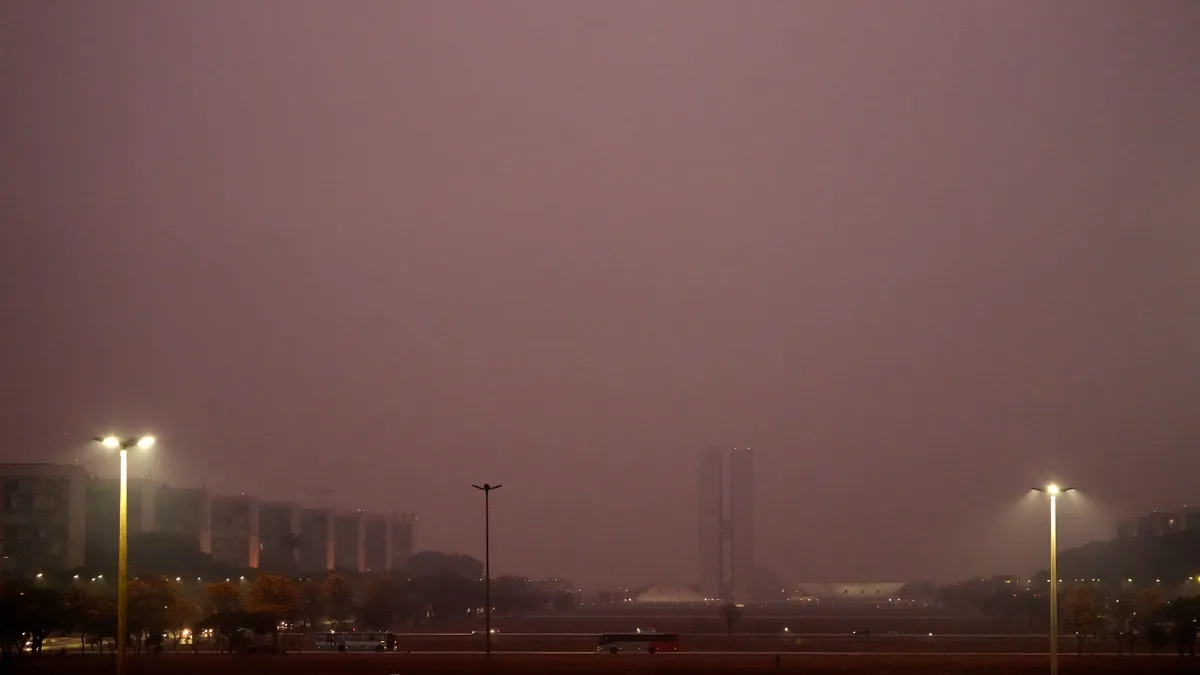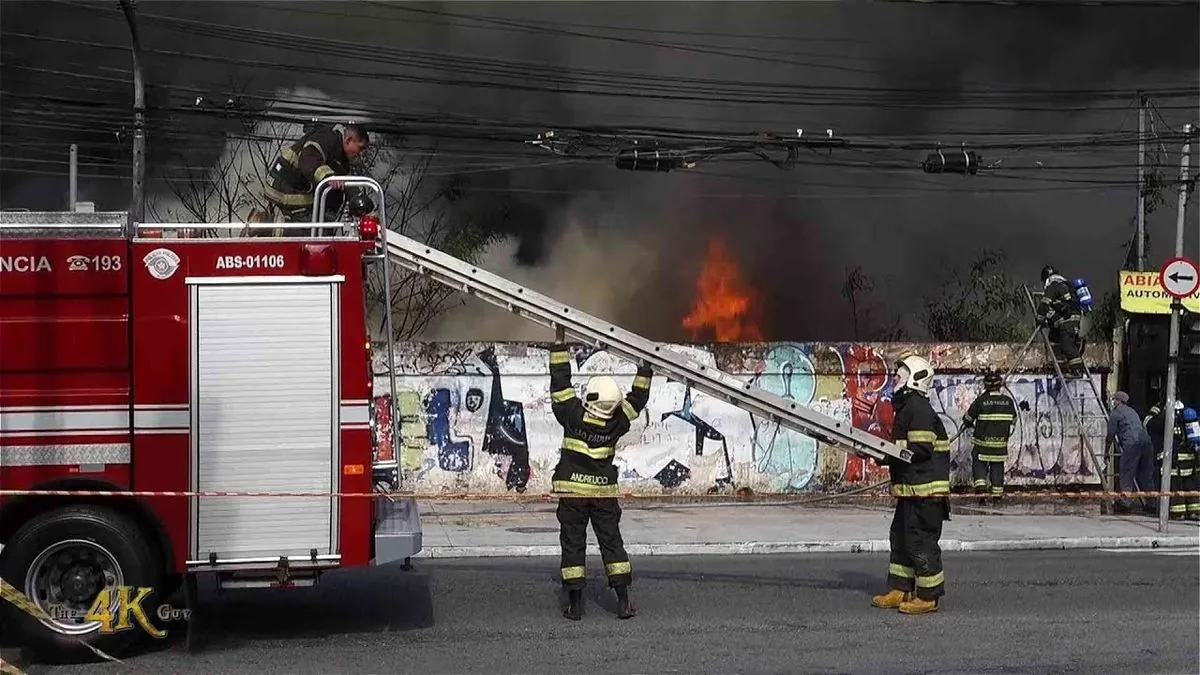Brazil's Capital Chokes as Amazon Fires Spark National Smoke Crisis
Smoke from fires in Brazil's diverse ecosystems engulfs Brasília and other regions, prompting government action. Record-breaking blazes in São Paulo raise concerns of coordinated attacks amidst environmental challenges.

Brazil's capital, Brasília, known for its modernist architecture, has been enveloped in a smoky haze for the past two days. This smoke crisis is not isolated to the capital but has affected various regions across the country, including the Amazon rainforest, Cerrado savannah, Pantanal wetland, and the state of São Paulo.
In response to the escalating situation, President Luiz Inácio Lula da Silva visited Brazil's fire monitoring center on August 25, 2024. He stated, > "No fires caused by lightning were detected. This means that people are setting fires in the Amazon, the Pantanal, and especially in the state of Sao Paulo."
[[President Lula's statement on fire causes]]
The government has committed to intensifying firefighting efforts and investigating the origins of these fires. This action comes as Brazil grapples with its role as the world's fifth-largest emitter of greenhouse gases, contributing almost 3% of global emissions.
São Paulo state has experienced an unprecedented number of fire alerts this month, totaling nearly 3,500 - the highest recorded since data collection began in 1998. Alarmingly, over half of these fires occurred on August 23, 2024, raising suspicions of a coordinated attack. The severity of the situation led 48 cities to declare a red alert.

The smoke crisis has had far-reaching impacts on daily life and air quality across the country. In Brasília, the air quality index reached very unhealthy levels on August 25, 2024, prompting the cancellation of public events. This marks the first smog alert recorded by the state's environment institute since its establishment in 2007.
While the smoke crisis has recently gained national attention, Amazonian cities such as Manaus, Porto Velho, and Rio Branco have been experiencing these conditions for several weeks. The National Institute for Space Research (INPE) attributes the widespread smoke to changes in climatic conditions, which have caused it to travel unusually far.
The environmental impact of these fires is significant. From January through July 2024, an area the size of Italy had burned, representing a 64% increase compared to the same period in 2023. This extensive burning contributes substantially to Brazil's carbon emissions, with almost half coming from deforestation.
As Brazil faces these environmental challenges, it's worth noting that the country is home to approximately 60% of the Amazon rainforest, which produces about 20% of the world's oxygen. The Amazon basin also contains one-fifth of the world's freshwater, highlighting the global importance of preserving these ecosystems.
While the current situation is dire, there is a glimmer of hope. A cold front on August 26, 2024, brought rain to São Paulo state, extinguishing all fires according to the state government. However, the long-term implications of these recurring fire seasons remain a significant concern for Brazil and the global community.


































